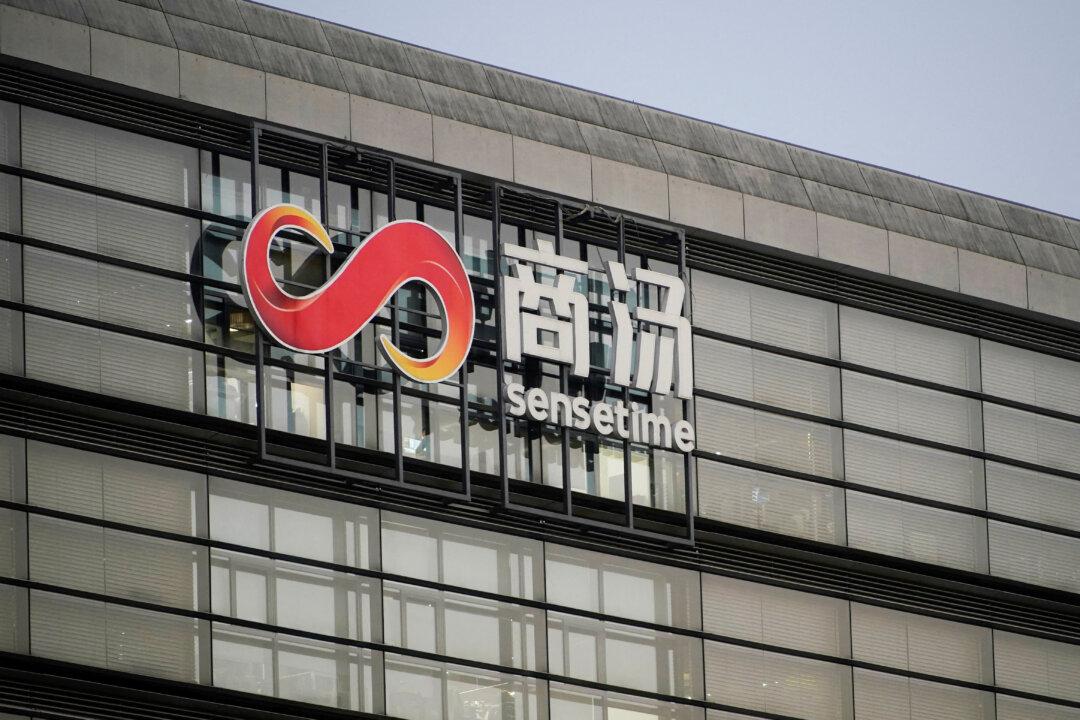Global headlines this weekend warned of a possible, Russia-provoked explosion at Ukraine’s Zaporizhzhia nuclear power plant.
Citing Ukrainian intelligence, Ukraine president Volodymyr Zelenskyy spoke of a “serious threat” at the Russian-occupied nuclear plant. Ukraine has been holding drills to prepare for a potential radioactive disaster should Russia blow up the plant.





